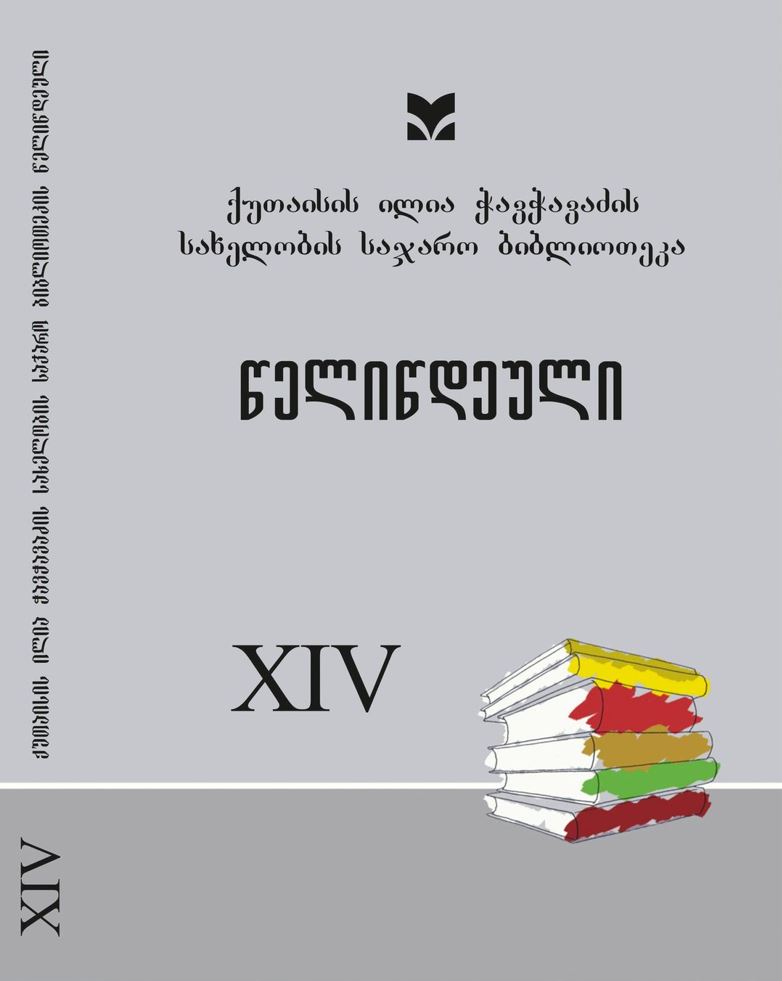თანამედროვე გალის რაიონის სულიერი კულტურა (გალის ეთნოგრაფიული მასალების მიხედვით)
DOI:
https://doi.org/10.61491/yk.14.2022.7000საკვანძო სიტყვები:
აფხაზეთის ეთნოგრაფია, აფხაზეთის (გალის) სულიერი კულტურაანოტაცია
Gali region, with its culture and traditions, is one of the distinguished regions of Abkhazia. It has still preserved some significant elements of traditional spiritual culture until today: beliefs, magical religious ritu-als, and holidays tightly connected with the traditional daily life of the people.
In general, family and social life, as well as spiritual culture, reflect all the ongoing changes in the country. The transformation of the daily life of the Gali population, caused by historical difficulties, has in-fluenced the spiritual culture of this region. Local customs bear special viability as they have gained new tra-ditions over centuries while also preserving old ones.
The daily life of the Gali population still preserves rituals of the New Year, spring, and autumn cycles. First-Footer or “Makuchkhuri” and “Symbolic Seeding” rituals are still observed among New Year traditions. During the New Year, the head of the family used to spread Ghomi grains in the sitting room as a symbol of abundance and fruitfulness, silently bringing water from the river in the morning and sprinkling it around the hearth, and so on. The function of these rituals was to revive the forces of nature, bring good luck in agricul-ture, and ensure an abundant harvest. These periods are the most important for farmers, and they all bear sacred significance.
Rituals related to viticulture are also diverse. It is also interesting to describe the prohibited activities of Tabus-Vashineri, blacksmiths’ customs preserved in the minds of the elderly, and the former smithy places that are still modestly treated. Many beliefs and rituals have been removed from contemporary daily life; however, some rituals are still preserved in the Gali region.
Thus, the spiritual culture of the Gali population is an inseparable part of Georgian culture, which has been changing along with the development of society and adapting to a new reality. That’s why it preserves values gained from various periods of social development. However, the Gali population tries to preserve old traditions. The reason for this is tense relations with Abkhazia, which have led to the isolation of the region and conditioned a conservative transformation of the spiritual culture of the population.




